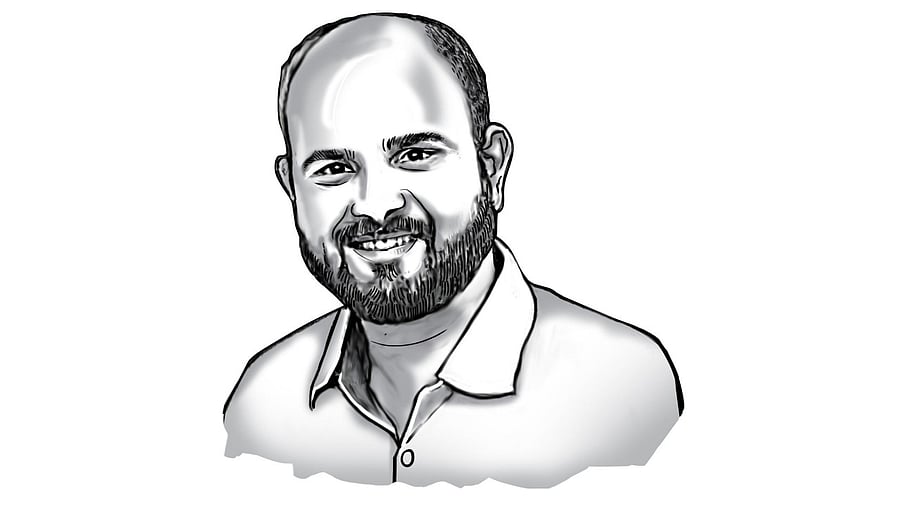Not that we needed more proof of it, but with all the recent details of the police-politician tussle that spilled out in Mumbai, there are no two thoughts over the tumbling reputation of the Police as an Indian institution. If we see what transpired in Mumbai, alongside what we have witnessed from Delhi Police over the last few years, it’s hard not to conclude that India’s political and financial centres are in dire straits. But my question is a little different: Why have senior, retired and celebrated police officers kept quiet over their policing careers? Let me illustrate with a recent, discrete, instance.
In his reflections in a recent cover story on Dawood Ibrahim in a major Indian publication, Neeraj Kumar, former Delhi Police chief and additional director of CBI, conceded that the law enforcement divisions he worked for in the last 30 years came close to breakthroughs, but were unable to catch the man, who now lives in Pakistan, or some of his key operatives. He spoke about the close misses over corruption in cricket, on which he led probes for Delhi Police. He recounted speaking to Dawood three times during the investigations into the 1993 Bombay blasts. At another moment, laden with meaning, he wrote, “one of my seniors, whom I had kept in the loop, inexplicably asked me to stop talking to Dawood.”
Many questions arise: Who was this person? What was his/her reason to stop Kumar from continuing the interactions? Why doesn’t a senior retired police officer name names and give reasons for such actions?
In May 2015, Kumar had made similar revelations, but they were questioned or countered by his contemporaries in the CBI like former director Vijay Rama Rao and former Army chief and now BJP politician General V K Singh. Reacting to them, Kumar had refuted making the claims that had been attributed to him. What made him change his mind now?
At another point in his essay, Kumar wrote of how Dawood himself had called him some 19 years later and reminded him of his imminent retirement, asking him why Kumar was still naming and shaming the don when he would soon be leading the life of a commoner, perhaps a veiled threat that he would be vulnerable. How dismaying that Kumar hinted at so much without going all out. And if he did, how would the law protect him and to what degree?
The history of criminal cartels across many parts of the world shows they thrive in alliance with the political and business elites within countries. It takes a village to raise a child, goes the African saying; well, it takes a whole society to spawn criminality. Who makes our criminal syndicates? Why did Kumar pull his punches? How many secrets about the political class will senior cops keep mum over?
In many ways, like the events in Mumbai, Kumar’s essay signalled another failure in implementing police reforms despite the Supreme Court directions in Prakash Singh & Others vs Union of India in September 2006. Many of them haven’t been implemented yet, but a start will only happen with a reckoning by those who can. Reforms are lagging, because of a layered nexus and a consensus over the status quo: There are too many profiteers at the heart of the political structure, and the police are caught in their crosshairs. As the events in Mumbai show, arms of the police will take to policing as a financial opportunity. And why won’t they? Politicians come and go, but a police career entails everyday risk. Doesn’t a police officer stake more of his/her life on the job than the ‘mainstream’ politician or businessman? The Mumbai disclosures bespeak a post-ethical era.
India remains one of the poorest and weakest policed ‘democratic’ nation-states in the world. Police forces have been kept weak and their autonomy defanged by central or state governments. Why has Kumar not spoken a word in his essay about the political and corporate forces and pressures that covered and shielded the likes of Dawood? It has many parallels with some of our fugitive tycoons. Is there a chance they will “sing” and if they do, then many parts of India’s political and corporate jet-set may have no place to hide?
